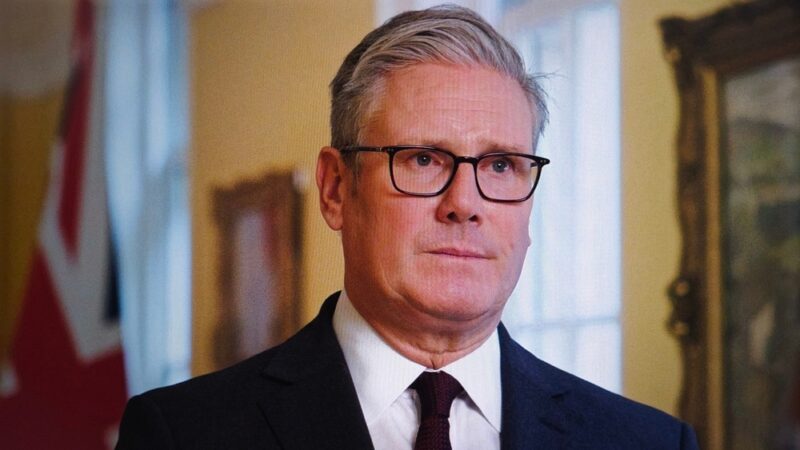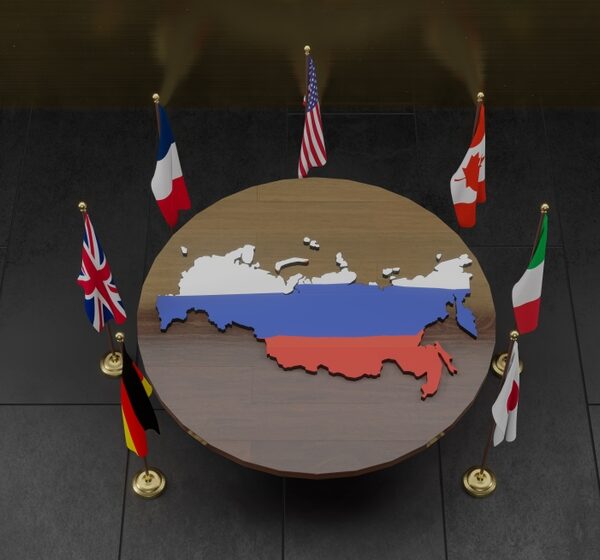Gaza vote unleashes chaos in Commons
Chaos erupted in the Commons on Wednesday, leading to walk-outs, calls for resignation and the Speaker, Sir Lindsay Hoyle, finding himself caught in the heart of the mayhem.
As the third largest party in the Commons, the SNP is entitled to select the topic debated on the floor for three opposition days in parliament every session.
On Wednesday, they chose the Israel-Hamas war, laying down a motion calling for an “immediate ceasefire”.
When the SNP last called for a vote on the ceasefire on 15 November, resignations rocked the Conservative front bench. At that time the death toll in Gaza stood at 11,320 – the current death toll is estimated at around 30,000, the majority being children (~12,300) and women (~8,400), and almost 70,000 injured.
The SNP’s proposal reignited pressure on Labour, which had echoed the government’s calls for a “pause”. On Tuesday, Shadow foreign secretary David Lammy announced Labour would be putting forward an amendment to the SNP motion, calling for an “immediate humanitarian ceasefire”.
The Speaker decides if amendments to a motion can be debated and voted on.
But according to parliamentary convention, if the motion has been put forward by an opposition party, like the SNP, it cannot be amended by another opposition party, like Labour – it can only be amended by the government.
However, Sir Lindsay decided both the government and Labour’s amendments to the SNP’s motion could and would be voted on.
Conservatives erupted with accusations that the Speaker was making an “overtly political decision” and showing bias towards Sir Keir Starmer. Tory Leader of the House, Penny Mordaunt, then pulled the government’s amendment from the floor, saying they would “play no further part” in the debate. Thus Labour’s amendment was able to pass without a vote – but the government does not have to adopt Labour’s motion as the vote is not legally binding due to the system of parliamentary sovereignty, in the sense that votes cannot compel the government or Parliament to take specific action.
However, this meant the original motion set out by the SNP had been overruled by Labour’s amendments without a vote for their own proposal, angering Scottish MPs. The SNP said they had been “treated with complete and utter contempt”.
MPs from the SNP and the Conservatives withdrew from the debate in protest. Sir Lindsay apologised to all sides, saying, “I thought I was doing the right thing and the best thing, and I regret it, and I apologise for how it’s ended up. I do to take responsibility for my actions, and that’s why I want to meet with the key players who have been involved.”
In the aftermath and at the time of writing, 51 MPs back no-confidence motion. Much coverage around the importance of the vote has been overshadowed by questions around Sir Lindsay’s future as Speaker. Some right leaning tabloids seized the opportunity to blame Labour for causing chaos in the commons.
Sir Lindsay Hoyle: Speaker accused of ‘party politics’ over Gaza vote
How does THIS help Gaza? Commons melts down over Middle East ceasefire vote with Speaker Lindsay Hoyle apologising and facing demands to QUIT after causing chaos when he ‘bent rules’ to save Starmer from Labour revolt sparking walkout by Tories and SNP
How Keir Starmer averted Gaza ceasefire vote crisis
Gaza vote chaos showed MPs aren’t serious about the Middle East
Lindsay Hoyle on brink after Labour Gaza vote walkout
Gaza ceasefire vote: Tory and SNP MPs storm out of Commons
Commons Speaker Lindsay Hoyle must NOT bend rules to extricate Labour from a tight spot
SNP rage after parties publicly shame Gaza game playing and chief whip hits out
Palestine ambassador gives damning take on Westminster Gaza vote chaos
Jacob Rees-Mogg defends ‘unquestionably impartial’ Speaker over controversial Gaza decision
Header: UK Parliament
















